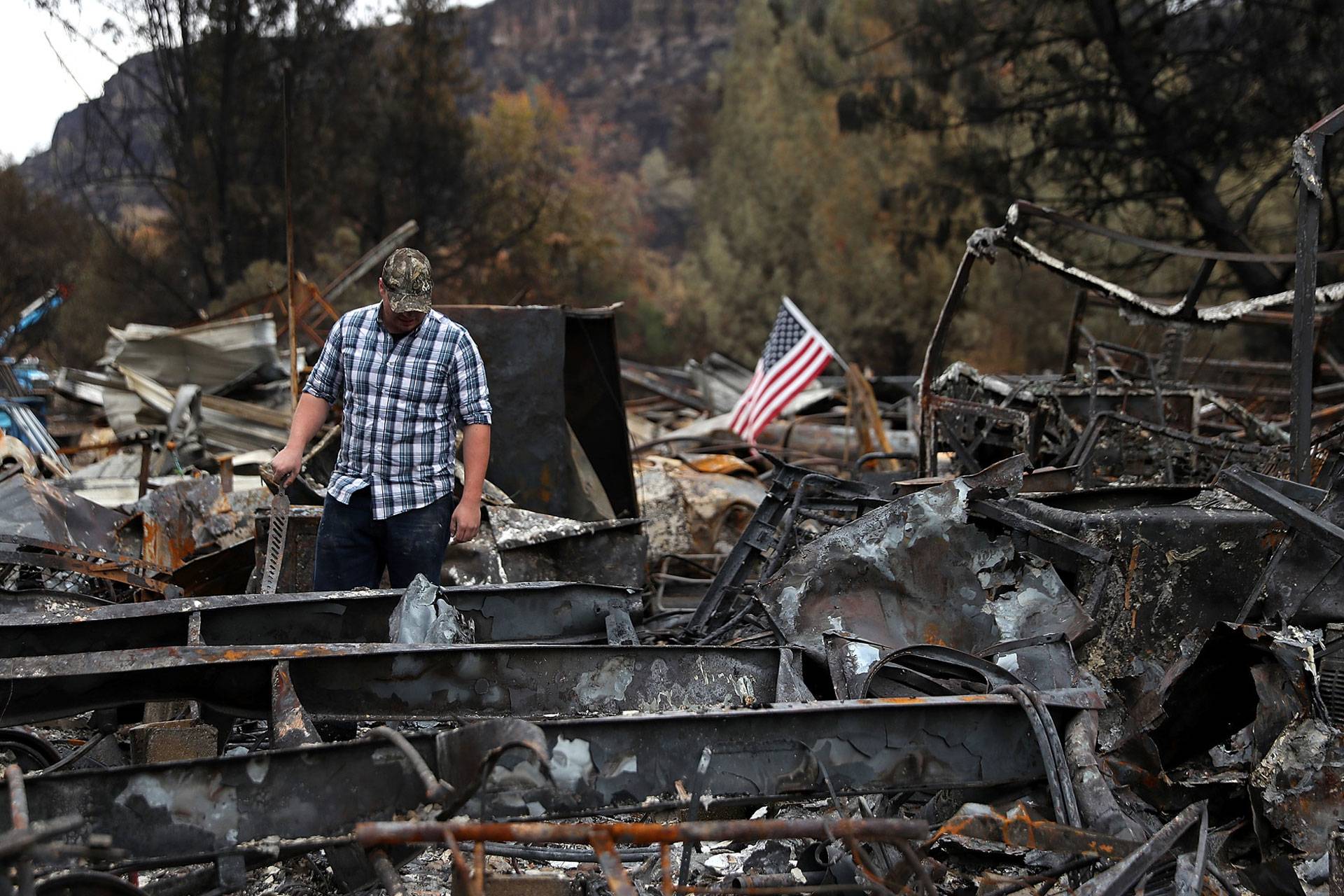Less than a week before the deadline, Wallace sent a letter to Judge Montali asking him to extend the voting period by 45 days.
Like all of the 12 fire survivors interviewed by KQED about the delays, Wallace doesn’t have a lawyer representing her in the PG&E bankruptcy case, a group PG&E has stated in Montali’s court could comprise as many as 18,000 people.
PG&E and Prime Clerk are overseeing the voting, and didn’t answer specific questions about why some survivors got their materials well after the dissemination date the utility’s lawyers stated in court.
“While we can’t speak to those incidences or circumstances surrounding them, the court’s balloting agent — Prime Clerk — will make a filing later this week to communicate the final voting results,” said PG&E spokeswoman Ari Vanrenen.
The voting process has been contentious, with fire survivors opposed to the deal taking issue with lawyers who have encouraged their clients to support it. The timing of payment and final amount of the settlement – which on paper is worth $13.5 billion in combined cash and PG&E stock – is still being negotiated with the utility, even now that voting is over.
PG&E said this week that preliminary results show overwhelming support from fire survivors. Approval from two-thirds of them would give PG&E the support it needs to move forward with its Chapter 11 exit plan on time. But only those who successfully cast ballots will count in the final tally, which is set to be released on Friday.
A source familiar with the voting process said it’s not clear if people will be able to view their ballots afterwards to ensure that their votes were accurately counted.
Reaching 70,000 people was never expected to be easy, according to UC Hastings bankruptcy professor Jared Ellias, who said the challenge has been exacerbated by the enormous spectrum of circumstances that PG&E fire survivors now find themselves in.
“On the one hand, you have people who are so highly connected and sophisticated that they’re actively participating in the bankruptcy process,” Ellias said.
“On the other hand, you have people who haven’t necessary recovered personally or financially from the tragedy. Some are living in places that are on the frontier of American settlement where internet and cell service is slow, where it’s hard to participate.”
“Reaching and engaging that whole community is a monumental challenge,” Ellias added.
For Michelle Smith, who is still rebuilding after the 2017 Nuns Fire, getting her ballot on May 8 prompted her to vote online in hopes that it will be counted.
“They have my current address. There was no problem in finding me,” Smith said. “I feel for the people who they haven’t found yet. We were all displaced. Some left the county, I don’t have a sense of how many haven’t received one.”
Voting online presented challenges for Camp Fire survivor Karen Masterson, who received her packet around the same time as Smith. Masterson and her husband now live in South Carolina.
“After I submitted it, I realized I never accepted or rejected the proposal. It’s just frustrating,” Masterson said. Masterson called tech support at Prime Clerk to try again with a new ballot identification number but isn’t sure if it worked.
She’s trying to stay patient, even though voting on the settlement triggered emotions in ways she hadn’t expected.
“I know the bankruptcy takes time,” Masterson said. “But having to keep scratching at the scab – I can’t think of anybody who hasn’t fallen apart in the last week because of all these feelings coming back.”

